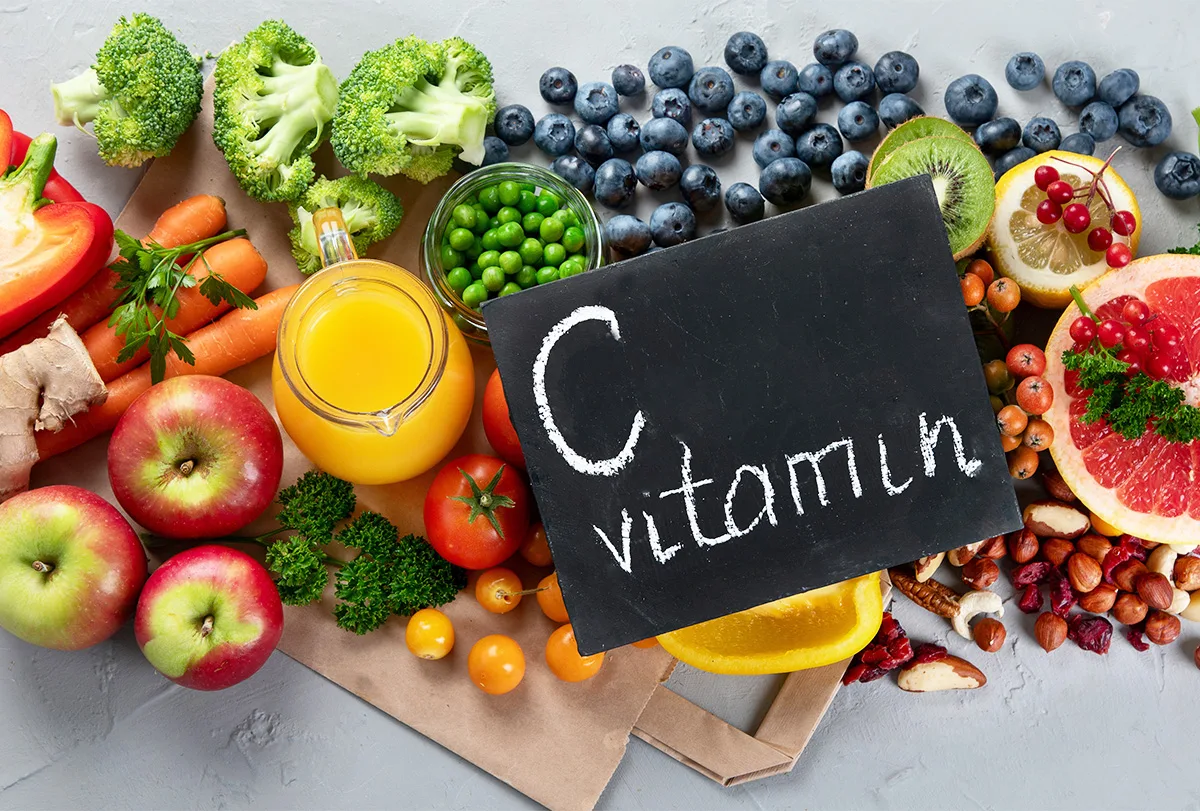According to a recent report published in USA Today regarding Vitamin C, the Centers for Disease Control and Prevention (CDC) expressed concerns about people not consuming enough vitamins and minerals important for a healthy body. The CDC has recommended measures to address this problem.
Deficiencies in Black, Hispanic Women and Children
The CDC has highlighted that iron deficiency has been witnessed in 20% of pregnant women, while deficiencies of vitamins and minerals are common in Black and Hispanic women. Additionally, children under five years of age suffer from deficiencies in vitamins and minerals.
Causes of Vitamin and Mineral Deficiencies
Vitamins and minerals are important nutrients the body does not produce alone. They must be obtained through various sources such as food, fruits, and supplements. Vitamin C is one of the most vital vitamins needed for good health.
Importance of Vitamin C
Vitamin C is a water-soluble nutrient that forms bones’ blood vessels, muscles, and collagen. It strengthens the immune system and fights against diseases and solar radiation. It also helps store iron.
Experts suggest that Vitamin C helps maintain strong tissues and the immune system. It is also essential for producing neurotransmitters in the brain, which help maintain mood and cognition. Vitamin C is an antioxidant in the body need for mental health, mood, and energy levels.
People Recommended to Take Vitamin C
Those who smoke, have gastrointestinal complications or cancers, and children who do not consume a diet rich in Vitamin-C are at risk of deficiency.
Severe deficiency may cause scurvy, gum bleeding, joint pains, and fatigue. Those with a deficiency may see late wound healing and are generally exposed to infections.
Benefits of Taking Vitamin C Supplements
Although there are several Vitamin-C-rich foods, people can also take oral supplements, typically as chewable tablets or as part of multivitamin tablets.
Research has shown that a daily Vitamin-C supplement can increase antioxidant levels by up to 30%, protecting the body from harmful materials. It can also help manage high blood pressure and iron insufficiencies and mitigate chronic and heart diseases.
Is Daily Vitamin C Intake Good for Health?
For adults, the suggested Dietary Allowance (RDA) of Vitamin-C for men aged-19 and above is 90 mg, and 75 mg for women.
Pregnant or breastfeeding women should increase their daily intake to 85 mg. Those who smoke should consume an additional 35 mg beyond the recommendations.
Experts have stated that excess intake of vitamins may cause intoxication, but Vitamin C is relatively safe because it is water-soluble, and cases of intoxication are rare. However, excessive intake may cause nausea, kidney stones, and diarrhea.
Sources of Vitamin C

Citrus fruits such as oranges, grapefruit, berries, potatoes, tomatoes, lemon, lime, cucumber, and cabbage contain high levels of Vitamin-C. Brussels sprouts are considered one of the biggest sources of Vitamin-C, containing 75 mg, while broccoli has 80 milligrams.
Experts recommend a healthy diet of fruits and vegetables for sufficient Vitamin C intake.













